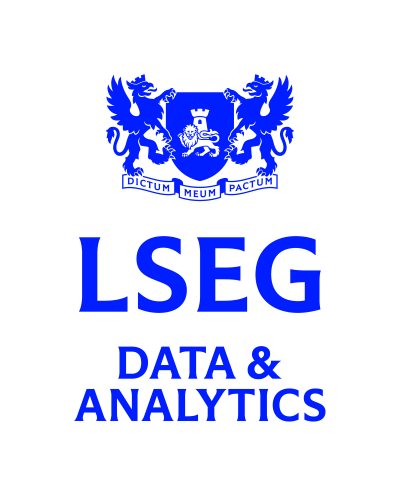Written by: By DinarStandard
Singapore-based EthisCrowd is the world’s first real estate Islamic crowdfunding platform. It’s been around for less than two years but has already made a significant measurable impact on its target markets and in the Shariah-compliant crowdfunding sector.
EthisCrowd
Date of establishment: December, 2014
Headquarters: Singapore, with offices in Jakarta, Kuala Lumpur, and Sydney
Founder: Umar Munshi
Scale: Developing more than 5,000 affordable homes primarily in Indonesia, and to a lesser extent in Malaysia
Key insights
EthisCrowd founder Umar Munshi believes the fundamental principle underlying crowdfunding is “natural” to EthisCrowd’s target market. “In Asia we are very community-based. When communities come together they want to do something productive, be it investing, or funding start-ups, rewards-based or social-based.”
Leveraging on this, Munshi has been quick to build on EthisCrowd’s early success to extend the principles underpinning it to new crowdfunding platforms targeting different needs. He has also been at the forefront of bringing together the world’s key Islamic fintech players to lead the formation of the Islamic Fintech Alliance, which was launched in April this year.
Company overview
Based in Singapore, and with a presence in Indonesia, Malaysia and Australia, EthisCrowd crowdfunds the construction of affordable housing and commercial property, mostly in Indonesia, through private and institutional investors, as well as Islamic banks.
The company has 17,000 registered members, out of which 380 are investors, co-founder Erly Witoyo told Salaam Gateway. Total investment raised todate has reached 4 million Singapore dollars ($2.9 million), according to Witoyo. The platform is currently co-developing more than 5,000 homes, with over 3,000 families on its waiting list, according to its website.
It is working to expand membership to larger, more institutional investors who want to take advantage of ethical and Shariah-compliant real estate investments.
How it works
EthisCrowd relies on mudarabah-based contracts, enabling small and medium-sized investors direct access to real estate developers and contractors, and in turn, profits.
Investment from the crowd could have no minimum investment or as low as 500 Singapore dollars ($360) and returns based on profit-sharing range from 3.8 to 52 percent, according to the projects listed on the company’s website as of this writing.
It works with an appointed developer for each property. For projects in Indonesia, its associated company PT Ethis holds on to assets and legal rights, as well as manages the risk and finances of all projects it is involved in, according to its website. PT Ethis then works with an appointed main developer to build out each project.
Accomplishments
The platform’s potential and early success has been recognized. In May it raised 500,000 Singapore dollars($363,000) in cash and kind seed funding through venture capital and angel investors, including from China’s Quest Ventures, led by James Tan and Wang Yunming who are co-founders of NASDAQ-listed 55tuan, one of China’s largest social e-commerce companies.
Parent company Ethis Ventures has leveraged the early success of EthisCrowd to go on to build other Islamic crowdfunding platforms: Kapital Boost, Waqf World, and MuslimWomenTech, which is run by Muslim women and whose first project is in a conflict zone in the Philippines, Umar Munshi told Salaam Gateway last month.
Most recently, the company’s Ethis Kapital was awarded a P2P license to operate in Malaysia, making it the world’s first licensed Shariah-compliant P2P platform.
Opportunities being addressed
Social impact investing in affordable housing
EthisCrowd addresses a key need in Indonesia for affordable housing. It is estimated that the country faces a housing gap of 18 million housing units. Unfortunately the gap is not narrowing--only half of the 800,000 units required every year are being built, due to increasing urbanization and population growth.
Social impact investing--investing in enterprises, organizations and funds with the intention to generate social, environmental and financial returns-- is currently measured at $60 billion in assets under management, up from $4.4 billion in 2011. It includes investments in sectors such as affordable housing, healthcare, education, sustainable agriculture, renewable energy, and microfinance.
It was estimated in 2014 that approximately 330 million households did not have access to affordable housing, and that this figure could increase to 440 million households in 2025—the equivalent of 1.6 billion people. Addressing this gap could cost up to $16 trillion, estimates the Harvard Business Review.


